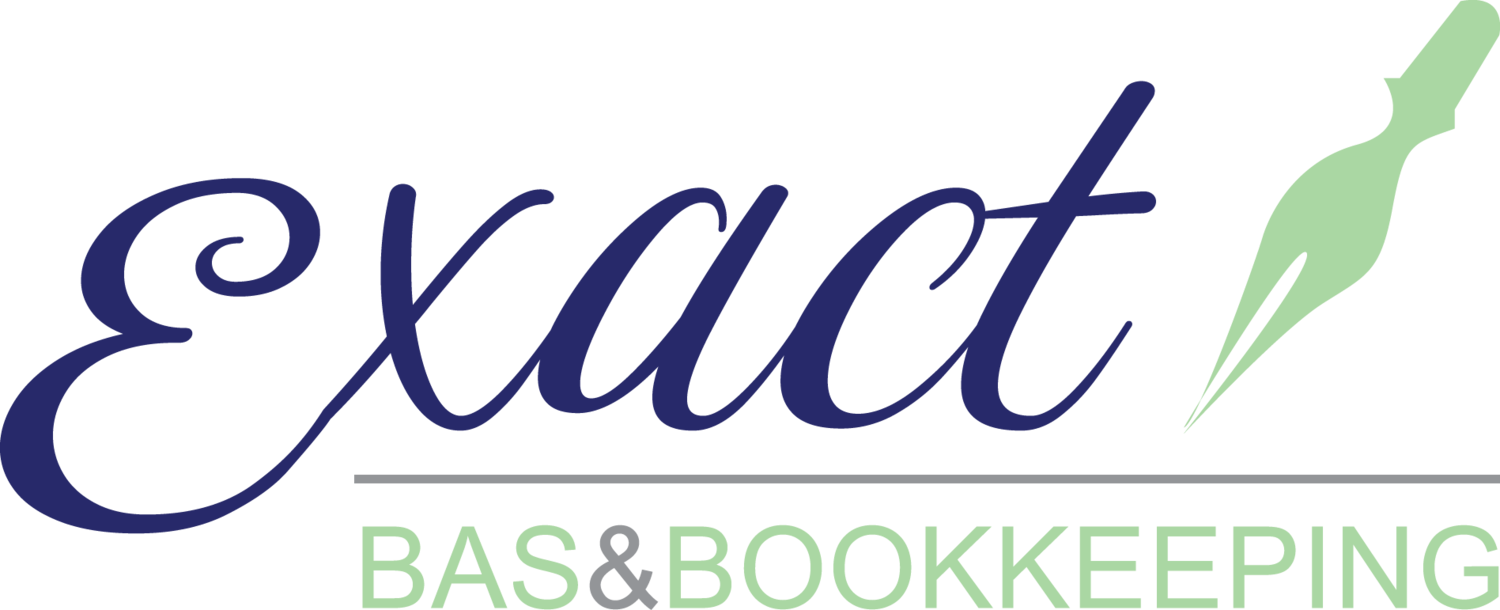What is Superannuation?
Superannuation, or 'super', is money you put aside for your employee’s over their working life for them to live on when they retire from work.
Super is important, because the more they save, the more money they will have for their retirement.
How do I pay super?
As an employer you have to pay ‘contributions’ into a super account. This is called the ‘super guarantee’. You pay these contributions on top of your employee’s salary and wages. There are laws about how much super you must pay.
Generally, you must pay super for your employee’s if they are:
18 years old or over, and are paid $450 or more (before tax) in a calendar month
under 18 years old, being paid $450 or more (before tax) in a calendar month and work more than 30 hours in a week.
This applies whether they are casual, part-time or full-time employees, and if they are a temporary resident. They may also be eligible if they are a contractor who is paid primarily for labour, even if they have an Australian business number (ABN).
Super must be paid at the end of each month or quarter using a superannuation clearing house. The Australian Taxation Office offers a free Clearing House option where you record your employees monthly or quarterly super. You then pay the lump sum figure of all employees super to the Clearing House which then disperses the payments to each employees fund. There is also a similar function in Xero which automatically deducts the super amount from your nominated bank account and disperses the contributions to your employees super funds.
Employees are able to “Salary Sacrifice” a portion of their before tax earnings into their superannuation fund to top up their balances faster. Alternatively, employees can also contribute into their fund using their after tax funds, known as an “Employee Contribution”.
The employees chosen fund will then use their superannuation money to invest in things such as international shares, property, etc to help increase their balances overtime.
As at 1st July 2021, the minimum superannuation an employer must contribute to an employees super fund is 10% of their gross wages. If an employee earns a gross salary or wage of $60,000 their employer must contribute $6,000 into the employees super fund in addition to their salary; giving the employee a total salary package of $66,000.
